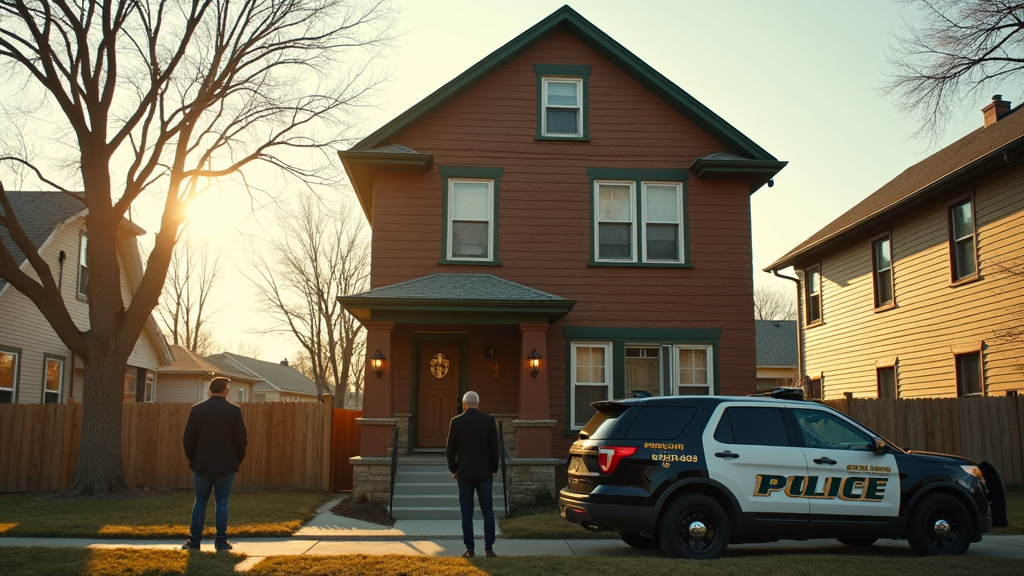CHICAGO – Chicago residents are set to save an estimated $40 million on groceries following the city’s failure to meet a critical deadline to renew its local grocery tax. The missed deadline means shoppers will continue to benefit from the absence of the tax, at least through the first half of 2026, providing much-needed financial relief amid rising food costs.
The Illinois Department of Revenue had set an October 1, 2025, deadline for municipalities to notify the state of their intent to implement a local grocery tax. Chicago, however, did not meet this deadline. Consequently, the anticipated tax, which was projected to generate approximately $80 million annually, will not be reinstated until July 2026 at the earliest, according to Illinois Department of Revenue rules.
Background of the Grocery Tax
The statewide 1% tax on groceries was originally enacted in 1990 and has seen periods of suspension and reinstatement. In a significant legislative change, Governor J.B. Pritzker repealed the state’s 1% grocery tax as part of the 2024 budget, with the repeal taking full effect on January 1, 2026. However, the legislation also empowered local governments to implement their own 1% grocery tax to offset the lost state revenue.
Mayor Brandon Johnson’s administration had been considering extending Chicago’s local grocery tax to help address the city’s substantial budget deficit, estimated to be over $1 billion for fiscal year 2026. The city’s budget director, Annette Guzman, had warned that failing to reinstate the tax would exacerbate this gap, potentially impacting essential services. City leaders had until October 1 to act, but procrastination led to the missed state deadline.
Financial Relief for Chicagoans
The missed deadline translates directly into savings for Chicago’s residents. The $40 million estimated savings over six months equates to approximately $60 for a family of four. This financial reprieve comes at a critical time when food costs have seen significant increases, with prices up more than 29.5% since 2019. Critics of the grocery tax have long argued it is a regressive tax, disproportionately impacting low- and middle-income families, who spend a larger percentage of their income on food staples.
Implications and Future Outlook
The delay in reinstating the tax offers immediate financial breathing room for consumers. While the city faces a revenue shortfall, the primary implication of the missed deadline is the continuation of consumer savings. For the city to reintroduce the tax, new rules and processes would need to be followed, with the earliest possible implementation date being July 2026.
This situation highlights the delicate balance Chicago faces between managing its fiscal responsibilities and alleviating financial pressures on its residents. The missed deadline, while a fiscal setback for the city, is being viewed by many as a win for consumers, allowing them to retain more of their income during a period of economic uncertainty. The news has sparked considerable editorial discussion regarding city fiscal management and its impact on everyday Chicagoans. The city council’s upcoming decisions will shape Chicago’s fiscal future and its approach to taxation and public services.
This unexpected financial break for Chicago shoppers underscores the complex interplay between local governance, state mandates, and the economic realities faced by residents. As the city navigates its budget challenges, the impact of this missed deadline will be felt directly in the wallets of Chicagoans.















